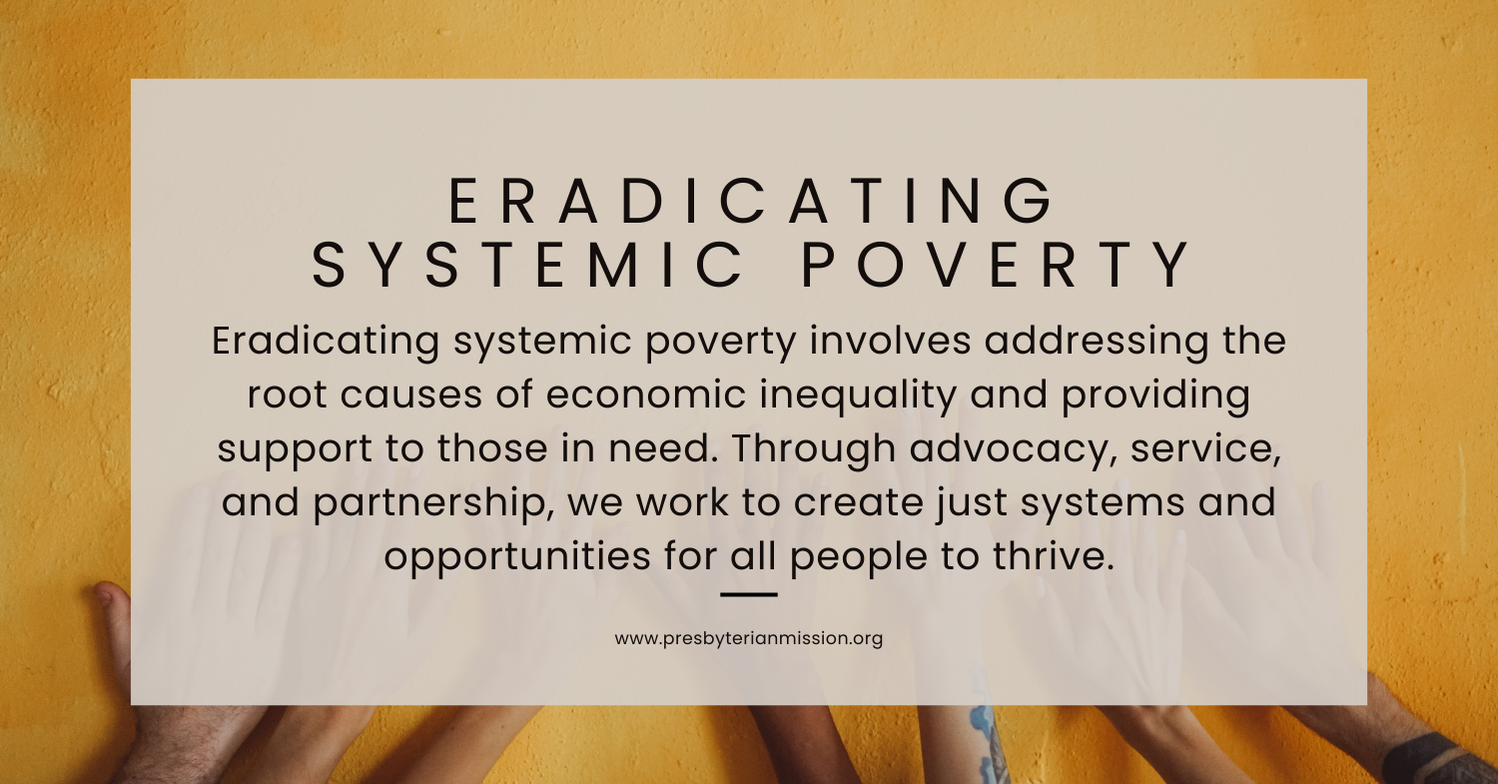We are a Presbyterian Church (USA) congregation that does not adhere to a single statement of faith but rather to a collection of twelve creeds and statements dating from the fourth to the twentieth centuries.
We believe in compassion in action - being the hands and feet of Jesus Christ. Click here to get involved and serve.
We value Christian Education. We encourage discourse, study, and reflection. Asking questions is a form of deepening our relationships with one another and with God. We welcome a variety of perspectives.
Ultimately, we look to Jesus as our guide and teacher. Of the 90 times Jesus was addressed directly in the gospels, 60 times he was called Teacher.
Presbyterians belong to widening circles of theological identity and relationship: Reformed, Protestant, and Christian. Presbyterian is a way of being Reformed, which is one way of being Protestant, which is itself a way of being Christian
The Presbyterian Church (U.S.A.) affirms the distinctive beliefs of the Reformed Tradition, which date back to principles articulated by John Calvin in the 16th century. Central to the Reformed tradition is affirmation of the sovereignty of God. That assurance provides a basis for other traits of the Reformed way: that God calls us to service in the world, that our life together is to be ordered in ways that enable all members to flourish, that God calls us to generous stewardship of what we have, and that we are to stay alert to the human tendency to idolatry and tyranny and respond to God’s call to work for a society that seeks justice.
Our salvation through Jesus is God’s generous gift to us and not the result of our own accomplishments. It is everyone’s job — ministers and laypeople alike — to share this Good News with the whole world. That is one reason the PC(USA) is governed at all levels by a combination of clergy and laity that includes women, men, and nonbinary people.
The PC(USA) confesses its beliefs in statements of faith from across the history of the church. Twelve statements of faith are gathered together in the first part of the denomination’s constitution, called the Book of Confessions. According to the second part of the constitution, the Book of Order, in the confessional statements the PC(USA) “declares to its members and to the world who and what it is, what it believes, and what it resolves to do.”
- The Church Session: The body of elders elected by a congregation to govern a congregation is called a “session.” In one sense, sessions represent the other members of the congregation — even more importantly, they seek to discover and represent the will of Christ as they govern. Presbyterian elders are both elected and ordained. Ministers of the Word and Sacrament (also known as teaching elders) are elected by the congregation and are also part of the session.
- Shared Responsibilities: Together, ruling and teaching elders exercise leadership, governance, and discipline, and have responsibilities for the life of a congregation as well as the church at large. When elected as commissioners to higher councils, ruling elders participate and vote with the same authority as teaching elders. Congregations may also elect and ordain deacons to a ministry of compassion, witness, and service.
- Mid-Councils and General Assemblies:
The session is the smallest and most localized governing body in the Presbyterian Church (U.S.A.). The other governing bodies are presbyteries (composed of multiple congregations); synods (composed of several presbyteries); and the General Assembly (which represents the entire denomination). Elders and ministers who serve on these governing bodies are also called “presbyters.” Presbyteries and synods are collectively referred to as “mid councils.”
The PC(USA) Book of Order, which contains detailed information on the denomination’s polity, is updated in the year following each biennial General Assembly, after presbyteries have voted to approve or disapprove amendments proposed by each assembly.
We are a Matthew 25 Church
What does that mean?
It means our Session has voted to pledge our congregation to this national mission initiative of the PC(USA). Read more about the pledge below!





